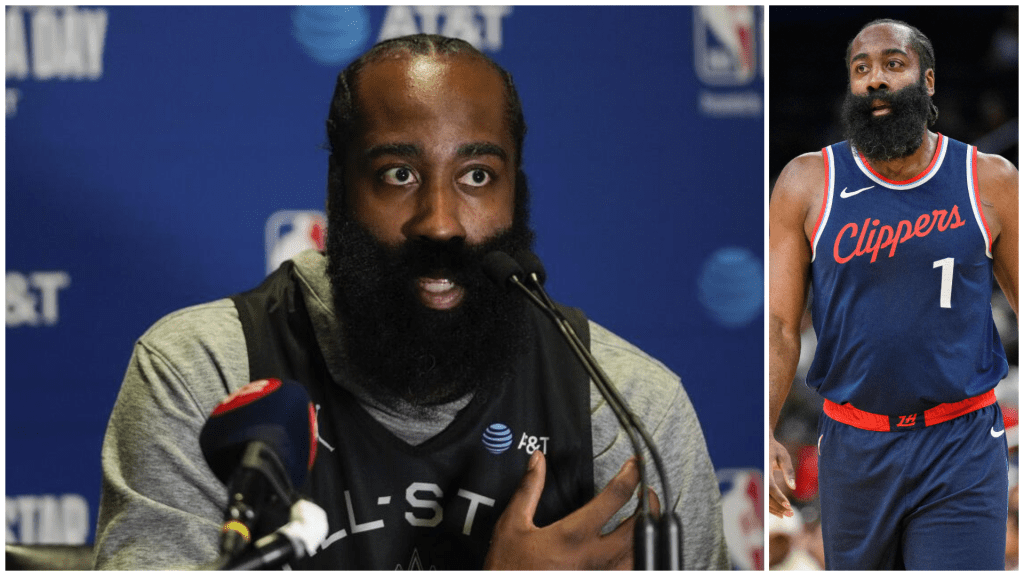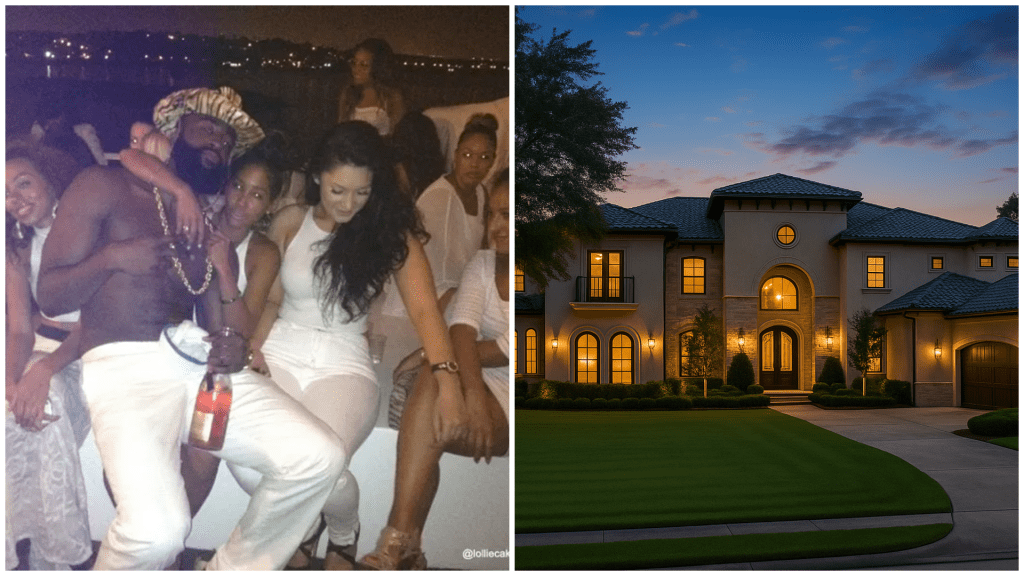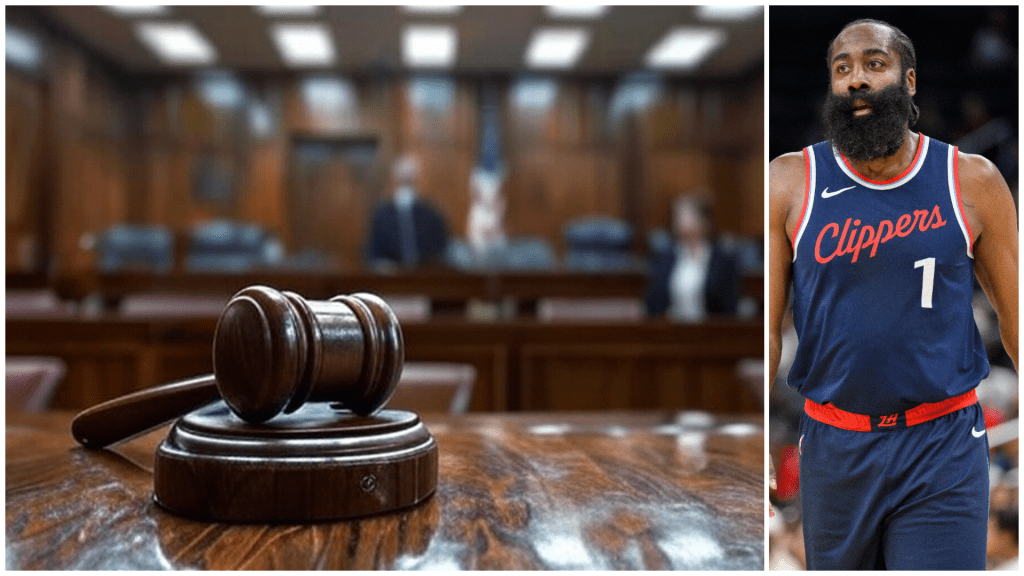
Inside the Civil Lawsuit: James Harden Faces Negligence Claims After Nephew’s Alleged Assault at His Houston Home
A Party That Took a Dark Turn

Picture it: New Year’s Eve, 2024, at a luxurious Houston mansion. I’m talking glittering lights, music fading into the night, and guests winding down. Among them was Marisa Watley—a 40-year-old real estate agent—who’d attended with two friends. According to court documents, they had no idea their evening would take a terrifying twist.
Things got darker after midnight. Watley claims her friends, and then she herself, accepted a drink from Justice Armani Blackburn, James Harden’s nephew. That small sip is where the story takes its chilling turn: Watley says she lost consciousness. Just hours later, she alleges, she woke in anguish—her memory foggy, her body violated. That’s where the lawsuit begins.
The suit, filed in Harris County on June 23, 2025, says Watley was assaulted while security watched—but did nothing. Worse, when her friends tried to find her, they say the guards forcibly removed them from the property. When her sister later called asking if Watley was inside, security allegedly said “no more women in the house.”
Negligence, Trauma, and Legal Ripple Effects

Watley’s lawsuit names Justice Blackburn—accused of assault—and James Harden, plus the unnamed security team and their corporate employer. She claims that Harden is “vicariously liable”—meaning he’s responsible for what happened under his roof—even if he didn’t directly commit the assault.
The allegations go deeper:
- Security allegedly ignored clear warnings.
- They removed her friends when they protested.
- They refused entry or help to her sister.
- They didn’t call 911 promptly.
Watley now suffers from severe trauma—she’s developed a speech stutter and emotional distress. She’s seeking compensatory, punitive, and emotional damages—with an amount over $100,000 to be determined in court.
It’s a gut punch to think: an after-party becomes the scene of deep pain, and those meant to protect may have failed.
A Community Reacts and a Case Unfolds
As expected, social media erupted. Support poured in for Watley. One tweet said, “No one should be left alone like that. Security must be held accountable.” Another Facebook post commented on how blinding celebrity and wealth must never protect negligence.
Harden hasn’t publicly responded yet, and the Clippers have remained silent. Still, the case lands during a turbulent time—Harden faces a mandatory suspension following his trade last season. Now, he must navigate both legal battles and life off the court.
Looking Ahead: What This Lawsuit Tells Us
Yes, this is a civil case—not a criminal charge—so there’s no “guilty/not guilty” vote awaiting Harden or his nephew. But the lawsuit is serious. It tests how we view responsibility for what happens behind closed doors, especially at high-profile homes with tight security.
- Legally, it centers on negligence. Could vigilant security and quick action have prevented this?
- Emotionally, it’s about trust and trauma—when someone’s safety is violated in a place that should feel safe.
- Culturally, it raises questions: Do superstar homes receive fairer oversight? Or does power give a strange kind of immunity?
Final Thoughts
This story isn’t just tabloid fodder—it’s a reminder that fame doesn’t preclude accountability. Parties—no matter how glamorous—must protect every guest. Security, VIP or not, carries a moral weight.
For Watley, this lawsuit is her way of saying: I mattered. What happened to me matters.
Whether this goes to court or settles quietly, her courage to speak up may push others to ask for better standards in similar situations. It’s a generational call for respect and responsibility—echoing louder than any buzzer-beater.